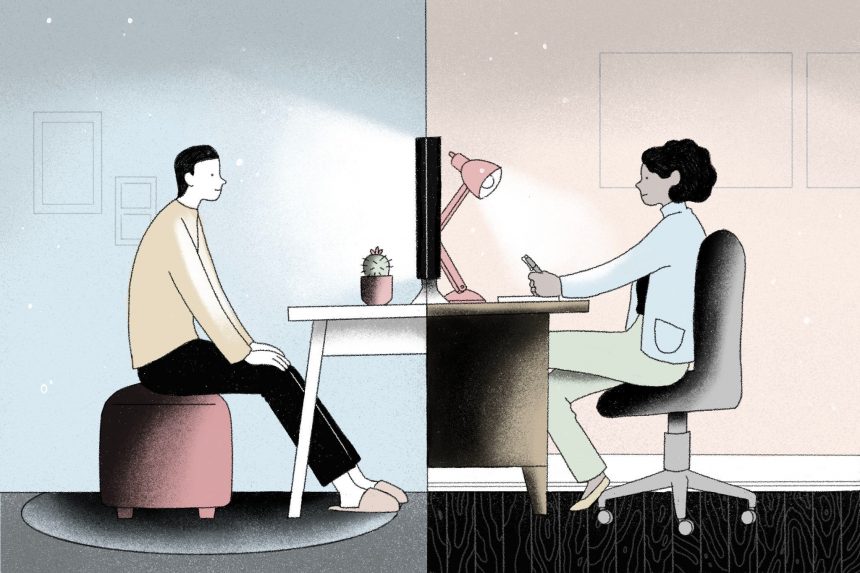By Dr. Alan Leavens
You have mentioned psychotherapy a few times as an option for professional assistance. But Im not sure I even understand what “psychotherapy” is and what the different psychotherapists do. Can you please enlighten me?
Lets start with why you would want professional help in the first place. Sometimes people get stuck trying to work out complicated family issues such as emotional conflicts, chronic illness or financial problems. Normal life can be stressful and affects both mind and body. Occasionally those stresses you think you are handling well can be overwhelming and threaten to upend your reasonably balanced world. This may be one of those times that you want to reach out for support and counsel from someone trained and knowledgeable about how best to aid you in restoring some balance. So whom do you call?
Psychiatrists are MDs, who know and can prescribe medications, and provide a range of procedures for serious mental illness. In some states in the U.S., psychologists are additionally trained to prescribe medications. Clinical Psychologists have PhDs or PsyDs and focus on providing psychotherapy (talk therapy). There are numerous Masters-level therapists such as Licensed Clinical Social Workers (LCSWs). Marriage and Family Therapists (MFTs) and Licensed Professional Counselors (LPCs).
The types of therapy are too numerous to list, but range from long term, frequent session therapy, such as psychoanalysis (think Woody Allen) to psychodynamic psychotherapy, a form of analytic depth treatment which is less intensive and briefer than psychoanalysis to many goal-oriented, solution-based brief therapies. This may include Cognitive Behavioral Therapy, Family Therapy, Couples Therapy, and other systemic therapies. There are many more and the right kind of treatment should be part of the discussion you have with the therapist to find the one that fits your style and needs. Psychotherapy isnt about lying on a couch and talking to a non-responsive therapist for the next ten years, it is most important for the patient to connect verbally and feel that they can have constructive conversations with their therapist. That therapist will be their “partner” in identifying and then developing a treatment plan that aims at responding to the areas that have been identified as problematic. You and your therapist will work together as a team. The patient is always in control in a good therapeutic relationship, using the therapist as their guide toward improved mental health.
During the pandemic most therapists use internet programs rather than in-office settings. It is important that you ask your therapist if they are using an encrypted, confidential platform rather than Skype or Zoom. Neither of these platforms can guarantee confidentiality.
I can certainly delve more deeply into the differences among certain therapies and therapists in a future column, but this should provide a starting point.
Alan Leavens Ph.D. is a California licensed Clinical Psychologist, living and working in SMA. For questions or concerns that you wish him to address, please email:aleavens@drleavens.com

